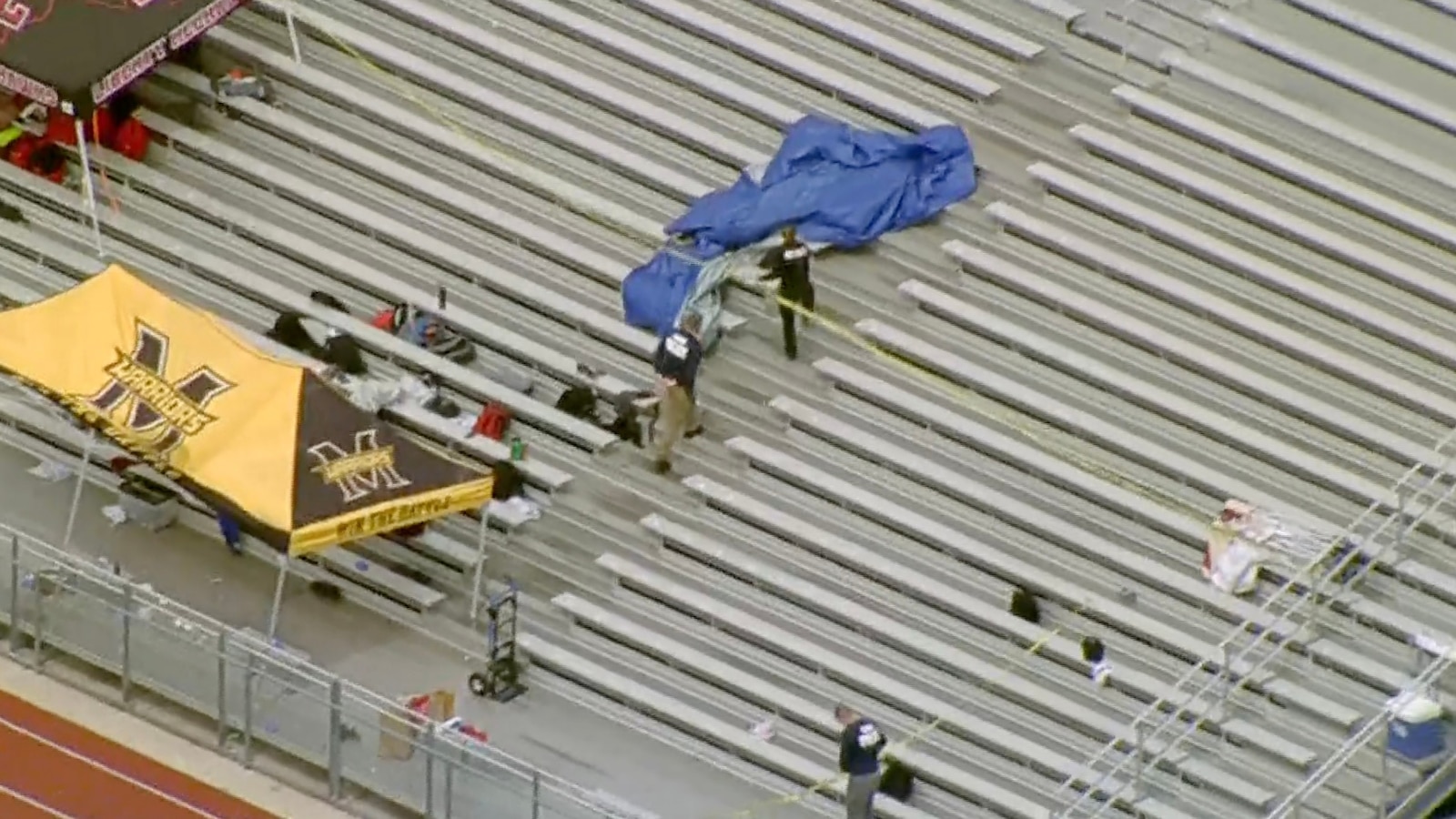Legal Team Breaks Silence in Teen Track Meet Stabbing Case
In a dramatic turn of events, defense attorneys for the 16-year-old charged with fatally stabbing a fellow athlete at a high school track meet last month have issued their first public statement. The legal team claims new evidence will challenge the prosecution’s narrative when the case goes to trial in Jefferson County Superior Court this fall. Their revelations have reignited debate about juvenile justice and school safety.
Defense Strategy Emerges Through Court Filings
The defense team, led by prominent juvenile justice attorney Miriam Castillo, filed a 28-page motion yesterday seeking to have the case moved to family court. Their argument hinges on three key points:
- The defendant’s alleged history of bullying by the victim
- Psychological evaluations suggesting the teen acted in a dissociative state
- Discrepancies in eyewitness accounts of the April 15 altercation
“This wasn’t premeditated violence but a tragic confluence of adolescent brain development and systemic failures,” Castillo stated during a press conference outside the courthouse. “The full picture will show a child who needed help long before this incident occurred.”
Prosecutors Push for Adult Trial Amid Public Outcry
District Attorney Robert Chen has vowed to keep the case in criminal court, citing the severity of the offense. The victim, 17-year-old track star Elijah Thompson, suffered seven stab wounds during what witnesses described as a heated argument near the bleachers.
“When you bring a weapon to a school event and use it with lethal force, you forfeit juvenile protections,” Chen told reporters. His office points to disturbing statistics:
- School-associated violent deaths have increased 113% since 2009 (CDC data)
- Only 12% of juvenile homicide cases get transferred to family court nationwide
Psychological Factors Take Center Stage
Forensic psychologist Dr. Lillian Park, who reviewed the defense’s materials, notes the case highlights growing concerns about adolescent mental health. “The prefrontal cortex isn’t fully developed until age 25,” she explained. “When you combine that with trauma and poor impulse control, you create perfect conditions for catastrophic outcomes.”
The defense’s motion includes:
- School records showing multiple bullying complaints
- ER visits for anxiety attacks in the months before the incident
- Text messages between the teens suggesting ongoing conflict
Community Reactions Reflect National Divide
At Thompson’s high school, memorial ribbons still adorn the fence where he trained. “Elijah wasn’t perfect, but he didn’t deserve this,” said track coach Marcus Greene. Meanwhile, juvenile justice advocates have organized rallies supporting the defendant, carrying signs reading “Children Don’t Belong in Cages.”
The case has become a flashpoint in broader debates:
- Zero-tolerance policies vs. restorative justice approaches
- School resource officer effectiveness
- Mental health screening for student athletes
What Comes Next in the Legal Process
Judge Angela Wilkins will rule on the transfer motion by July 30. If denied, the teen faces trial as an adult with possible life imprisonment. If granted, rehabilitation programs become the focus.
Legal analysts suggest this case may set precedents for how courts handle:
- Social media evidence in juvenile cases
- The “adult crime, adult time” doctrine
- School liability for unresolved bullying
As the community awaits the judge’s decision, both families have requested privacy. For those seeking to understand the complexities of juvenile justice, the National Juvenile Defender Center offers resources to help navigate these challenging issues.
See more Update My News



